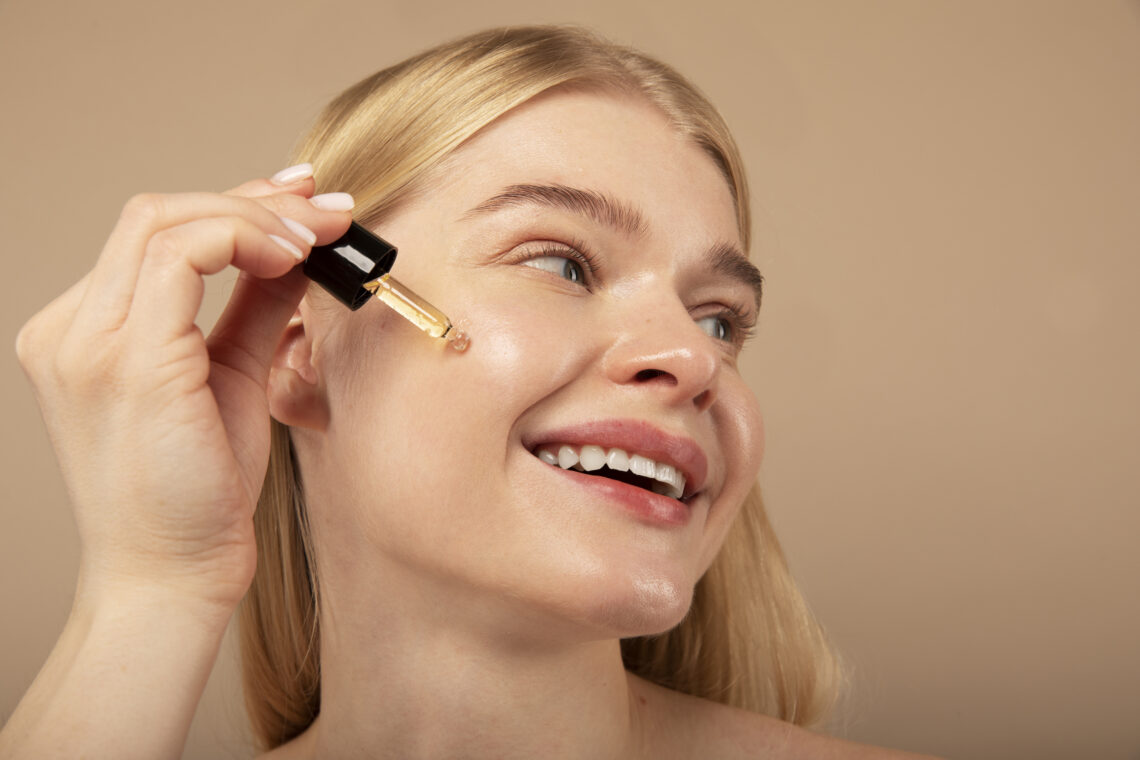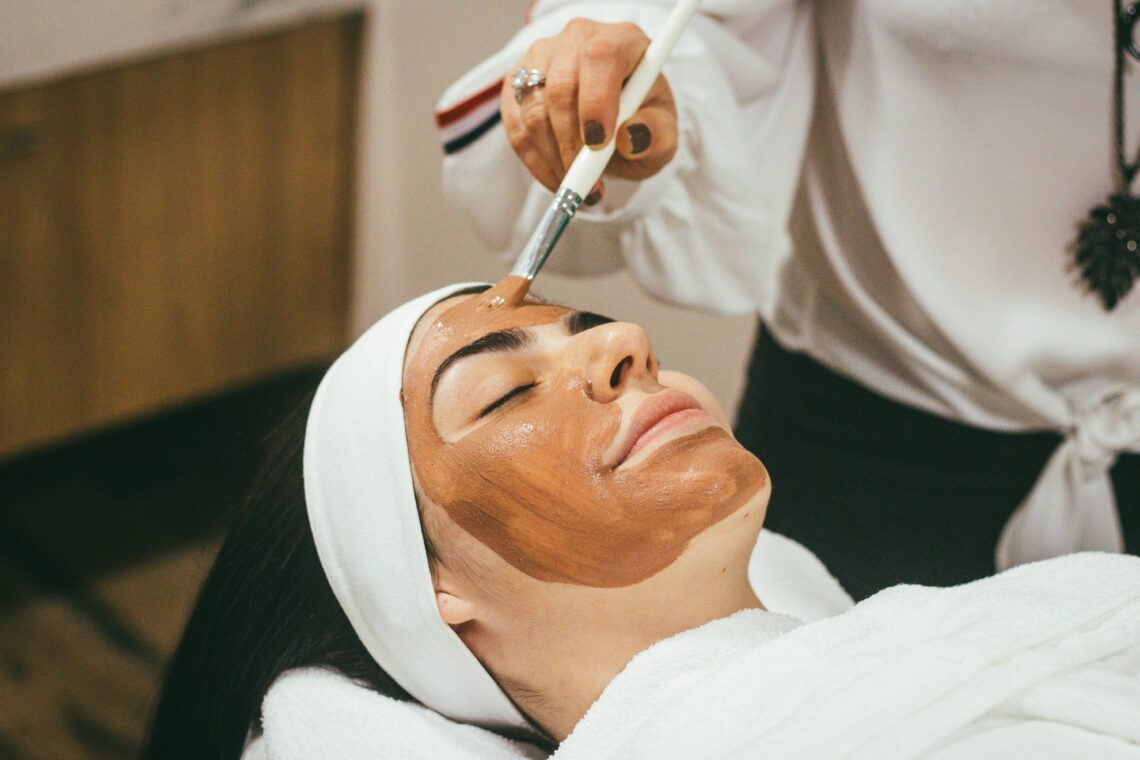Caring for sensitive skin involves more than just picking out gentle skin products; it requires an understanding of what can heighten your sensitivity and how to prevent flare-ups. Dermatologists often suggest a simple, consistent routine that nourishes and protects the skin’s natural barrier. With increasing exposure to environmental stressors, harsh ingredients in products, and stress, the amount of individuals who experience sensitive skin symptoms like redness, stinging, and dryness has increased. Through building a routine based on a dermatologist’s advice, you can help further your long-term skin health.
What Is Sensitive Skin?
Sensitive skin is not a medical condition but more so a term used to describe skin that is more prone to inflammation or adverse reactions. It can be temporary, and reoccurring triggered by external factors like weather or allergens, or a chronic issue stemming from an underlying condition such as eczema, rosacea, or contact dermatitis.
People with sensitive skin often experience:
- Burning or stinging sensations after applying certain products
- Persistent redness or flushing
- Itchiness or tightness
- Dry or flaky patches, particularly around the nose
- Reactions to environmental changes, such as wind, heat, or pollution such as dry patches or breakouts
Common Causes of Sensitive Skin
- Harsh Ingredients: Fragrances, alcohol, preservatives, and certain acids in skincare can irritate sensitive skin.
- Environmental Factors: UV exposure, extreme temperatures, and air pollution weaken the skins natural barrier making it more susceptible to reactions.
- Over-Exfoliation: Overusing or aggressive use of scrubs, peels, or chemical exfoliants can disrupt the skin’s protective layer.
- Underlying Skin Conditions: Rosacea, psoriasis, and eczema often cause increased skin sensitivity.
- Stress and Hormonal Changes: Internal factors like stress or hormonal fluctuations can trigger sensitivity and create flare-ups.
Dermatologist-Recommended Tips for Sensitive Skin Care
- Keep It Simple: Stick to a minimal routine. A gentle cleanser, a hydrating moisturiser, and a broad-spectrum SPF are key.
- Choose the Right Cleanser: Choose a fragrance-free, non-foaming cleansers with a pH close to your skin’s natural level (5.5).
- Recommended: Cetaphil Gentle Skin Cleanser.
- Hydrate Hydrate Hydrate: Sensitive skin benefits from strong hydration. Look for ceramides, hyaluronic acid, and squalane in your moisturisers to really boost hydration.
- Recommended: CeraVe Moisturizing Cream.
- Avoid Harsh Exfoliants: Skip physical scrubs. If you feel the need to exfoliate, use mild chemical exfoliants like lactic acid or mandelic acid once a week under instruction of a dermatologist.
- Patch Test Every Product: Always test new products behind your ear or on your wrist before applying to your face to gauge your skins reaction.
- Use Sunscreens: Choosing a zinc oxide or titanium dioxide-based sunscreens will reduce risk of irritation of the skin. These sit on top of the skin rather than absorbing into it.
- Fragrance-Free Everything: Fragrance is the number one cause of cosmetic-related contact dermatitis. Look for labels that say “fragrance-free,” not just “unscented.”
Best Skincare Ingredients for Sensitive Skin
- Aloe Vera: Soothes inflammation and hydrates the skin.
- Oatmeal: Reduces itching and irritation, provides a calming effect.
- Niacinamide: Helps strengthen the skin barrier and reduce inflammation which aids in fighting against stressors.
- Ceramides: Essential for restoring the lipid barrier.
- Vitamin B5: Calming and hydrating on the skin.
Ingredients to Avoid
- Fragrance (including essential oils like lavender or citrus)
- Alcohol (especially denatured alcohol)
- Sulfates (common in foaming cleansers)
- Harsh acids like glycolic or strong concentrations of salicylic acid
- Retinoids (unless under dermatologist supervision)
When to See a Dermatologist
If your sensitive skin is consistently inflamed, flaky, or painful, or if it’s interfering with your daily life, it’s time to consult a dermatologist. Reoccurring issues can indicate an underlying skin condition which may require medical treatment. A dermatologist can perform allergy patch testing, prescribe anti-inflammatory cream, or develop a custom treatment plan after a thorough examination.
Product Routine Sample for Sensitive Skin
- Morning Routine:
- Gentle cleanser (non-foaming, fragrance-free)
- Hydrating toner (if needed, alcohol-free)
- Moisturizer with ceramides
- Mineral sunscreen SPF 30 or higher
- Evening Routine:
- Gentle cleanser
- Moisturizer with niacinamide or panthenol
- Optional: Overnight mask once or twice a week with calming ingredients
Conclusion
Sensitive skin requires thoughtful care, attention to ingredients, and an understanding of triggers. With dermatologist-approved routines and lifestyle adjustments, sensitive skin can remain calm, hydrated, and protected. Always select products and routines designed to maintain your skin’s barrier and reduce inflammation. Over time, consistency and gentle care can transform sensitive skin.


